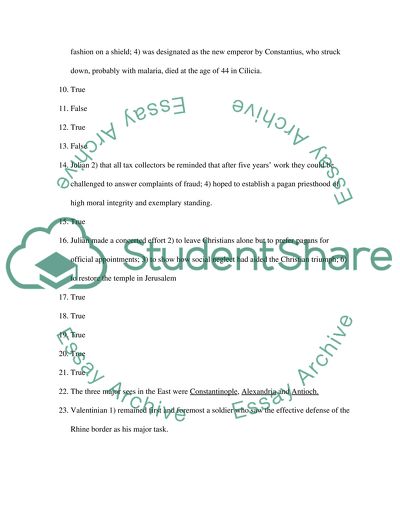Cite this document
(“History of Christian Thought Review Questions Coursework”, n.d.)
Retrieved from https://studentshare.org/religion-and-theology/1586106-history-of-christian-thought-review-questions
Retrieved from https://studentshare.org/religion-and-theology/1586106-history-of-christian-thought-review-questions
(History of Christian Thought Review Questions Coursework)
https://studentshare.org/religion-and-theology/1586106-history-of-christian-thought-review-questions.
https://studentshare.org/religion-and-theology/1586106-history-of-christian-thought-review-questions.
“History of Christian Thought Review Questions Coursework”, n.d. https://studentshare.org/religion-and-theology/1586106-history-of-christian-thought-review-questions.


